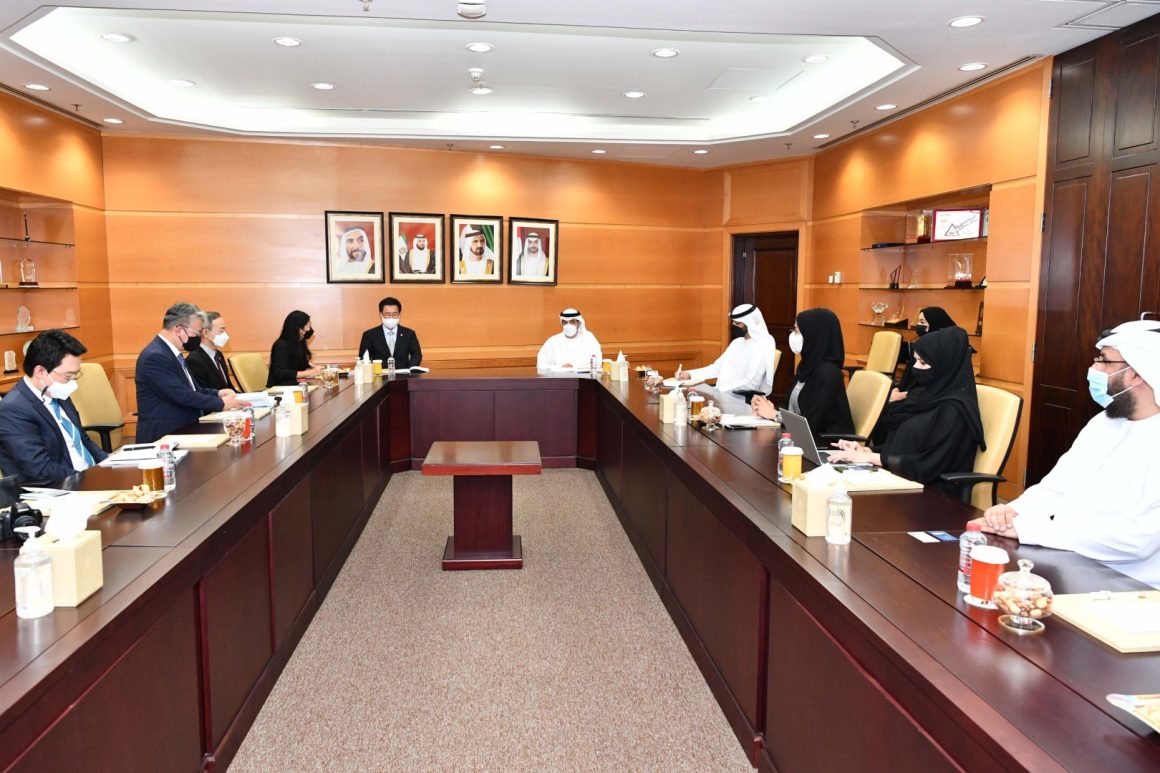The United Arab Emirates has announced its plan to launch a groundbreaking digital response platform aimed at aiding countries affected by disasters. This initiative will enable swift and efficient communication of humanitarian needs to the international community.
The announcement was made during a United Nations Security Council open debate titled “Maintenance of international peace and security: Advancing public-private humanitarian partnership.”
The platform will empower disaster-affected countries to effectively communicate their requirements for aid, including specific locations, enabling partners to accurately target and expedite the delivery of assistance. Leveraging cutting-edge technologies such as Artificial Intelligence, machine learning, and geospatial tools, the platform will prioritize data integrity through secure hosting.
Ambassador Lana Zaki Nusseibeh, UAE’s Permanent Representative to the United Nations in New York, highlighted the urgency of addressing the shortcomings of the current humanitarian system. She stated, “The UAE has been developing a digital platform to support governments’ ability to better harness international support in the wake of natural disasters. We look forward to collaborating with governments, the private sector, and humanitarian organizations in the coming months to launch a new tool that will significantly enhance our crisis response capabilities.”
The UN Security Council meeting was chaired by Igli Hasani, Minister for Europe and Foreign Affairs of the Republic of Albania, which currently holds the presidency for the month of September.
As a prominent global humanitarian donor, the UAE is home to the International Humanitarian City in Dubai, the world’s largest humanitarian logistics hub hosting 62 humanitarian organizations, including major UN agencies, and 17 private sector companies.
The UAE’s world-class aviation and logistics industries, represented by entities such as Etihad, Emirates, and DP World, play a crucial role in international humanitarian efforts. They collaborate closely with the UN and other partners to ensure the effective distribution of aid to those in need. Notably, the UAE private sector has contributed over US$ 250 million to global humanitarian efforts within the past five years, demonstrating its commitment to making a positive impact.

